Q: Some people first recognised you from Ubud Writers & Readers Festival, and many know that it was initiated in response to the 2002 Bali bombing. How did the idea come to fruition, and of all the channels there were, why did you choose literature?
A: The general idea was to have something meaningful and inspiring that could help revive Bali after the tragedy. I had been thinking of hosting literary events at my restaurant, Casa Luna, but the idea took shape because my book, Fragrant Rice, was about to be published and I was entering the literary scene. The written word is a powerful weapon and that’s what I was seeking after the destruction of the bombings. I also wanted to create a platform for Indonesian writers to showcase their work, to have a voice.
Q: You’ve been in Bali for decades. As someone who has been living and breathing Bali and its culture, how do you see the island differs now from back when you first arrived? What hopes do you have for Bali?
A: It has, of course, evolved into a bustling tourist destination which brings good and bad. But it’s still remarkable that Bali continues to maintain its rich culture and the people are still warm and friendly. I think the key is their strong identity, values and community living. I hope this never changes.
Q: Ubud Food Festival has grown as big and popular as Ubud Writers & Readers Festival. Do the two festivals correlate in terms of content or any way?
A: Absolutely! They are both creative adventures that are united by ideas, traditions, innovation and cultural preservation. While they have different focal points, there’s a beautiful crossover where the narrative of food finds its way into literary discussions, while storytelling and cultural heritage play significant roles in culinary presentations.
Q: You and the festivals have come so far. What hopes and dreams do you still want to achieve from the festivals?
A: Last year’s celebration of the 20th anniversary of the Ubud Writers & Readers Festival marked a significant milestone, a testament to the incredible journey we’ve embarked on together. I hope the festivals continue to serve as a catalyst for positive change, both locally and globally. Whether it’s empowering emerging artists and writers, promoting sustainability and inclusivity, or fostering cross-cultural understanding, there’s so much potential for us to make a difference together. My dream is also to assist more in the translation of Indonesian writers, to see more Indonesian work in bookstores across the world.
Q: What is the biggest challenge you’ve come across throughout your journey with the festivals and how did you overcome it?
A: The pandemic was definitely one of the biggest challenges. Transitioning our festivals to an online format presented a tonne of logistical, technical and creative hurdles. We had to rethink everything from venue logistics to engagement strategies. Suddenly, the energy of speakers and audiences had to be translated into virtual spaces, and the intimate connections forged between attendees had to be fostered through screens and keyboards.
But guess what? We did it!
When we finally hosted our festivals on the ground again in 2022, it felt like a breath of fresh air. There’s something magical about bringing people together, to feel the energy of the crowd and to enjoy those genuine connections. It was a moment of happiness and relief after surviving those almighty strange years.
Q: What is the one most memorable moments you will never forget from the festivals?
A: It would have to be 2005, our second festival. The second Bali Bombings happened just six days before our event. We still went ahead of course and the camaraderie between writers over those four days was extraordinary. There were few cancellations and the people who came were full of kindness and support. It was quite exceptional.
Q: What can fans and followers look forward from this year’s Ubud Food Festival & Ubud Writers & Readers Festival?
A: Fans and followers of the Ubud Food Festival have an epic culinary extravaganza awaiting them this year! There will be an overflowing programme featuring established and emerging Indonesian talent, alongside some of Asia’s finest chefs and Michelin-star awardees. We have Deepanker Khosla from Haoma Bangkok, the recently crowned World Barista Champion Mikael Jasin, Japanese-New Zealand maestro Makoto Tokuyama, the talented Freddie Salim of Silk Bistro, Bali’s renowned Chef Wayan Kresna Yasa, the dynamic duo Agung and Laura Prabowo from Penicillin – one of Asia’s 50 Best Bars 2023, and some intriguing events, such as the Jambi Muara Temple long table lunch, a feast from Sumatra at Casa Luna and a special lunch at Plataran featuring food from Sigi, Central Sulawesi. We have some fabulous food tours, too. What’s also fresh and exciting this year is that the food market, cooking demos and live entertainment are all completely free at Taman Kuliner to enjoy!
As for Ubud Writers & Readers Festival, we have just launched this year’s theme, Satyam Vada Dharmam Chara, which translates to Speak the Truth, Practice Kindness. We’re gearing up to present a diverse range of programmes that explores how words and ideas can shape public discourse, influence societal norms, and how writers can amplify the values of truth and kindness against a world that is increasingly going the other way. As for the line-up, it’s shaping up to be nothing short of spectacular. While I can’t reveal the details yet, fans and followers can expect an exciting mix of national and international voices, each bringing their own unique perspectives and insights to the table.
Ubud Food Festival
Jalan Raya Sanggingan, Ubud
Bali 80571, Indonesia
T: (+62) 361977408
W: ubudfoodfestival.com
IG: @ubudfoodfest


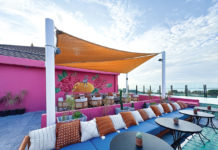
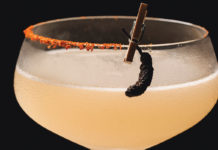
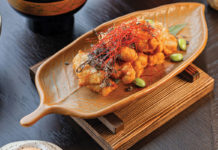
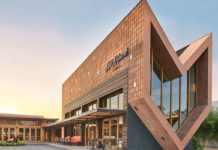


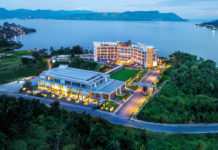

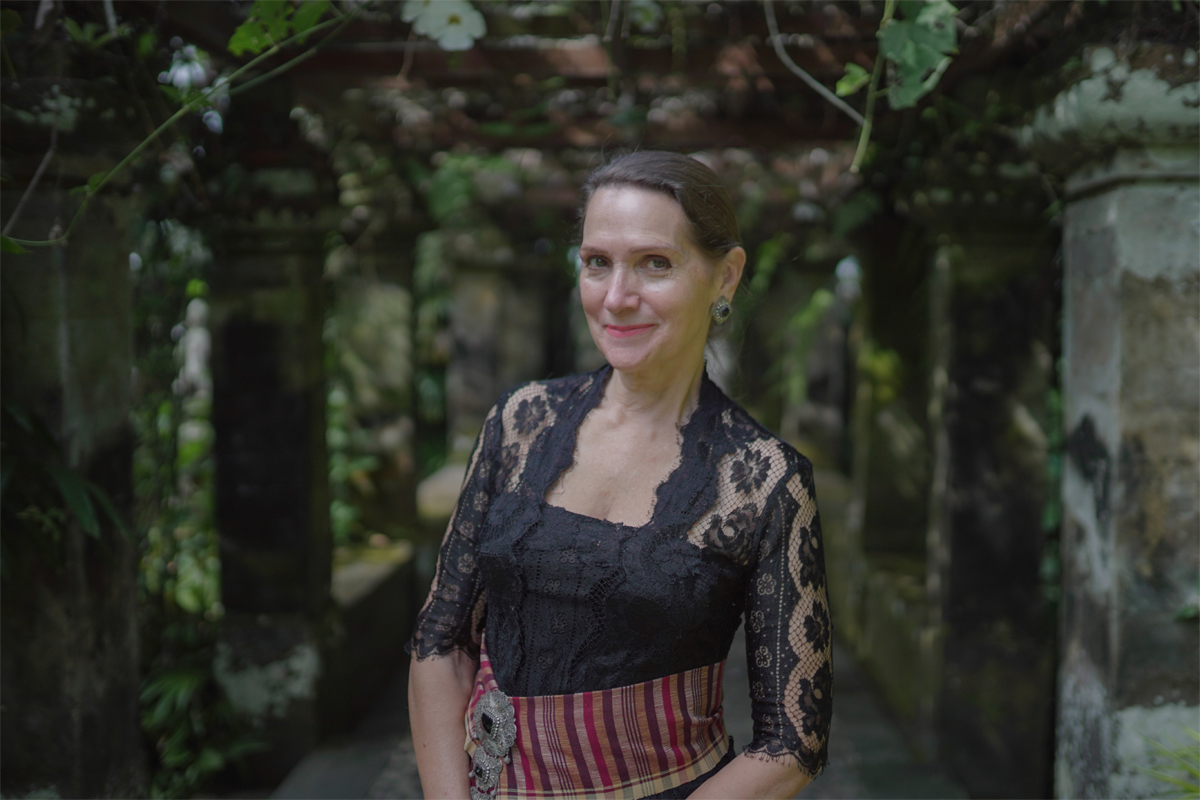
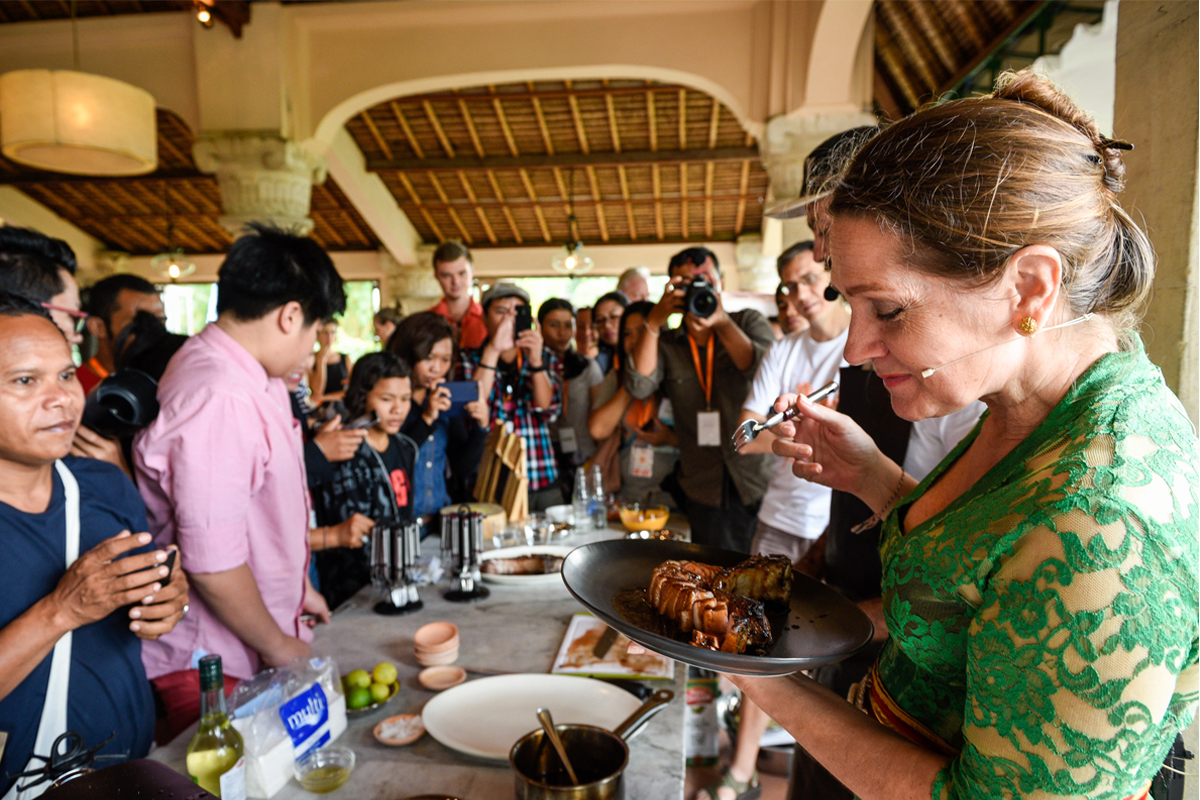
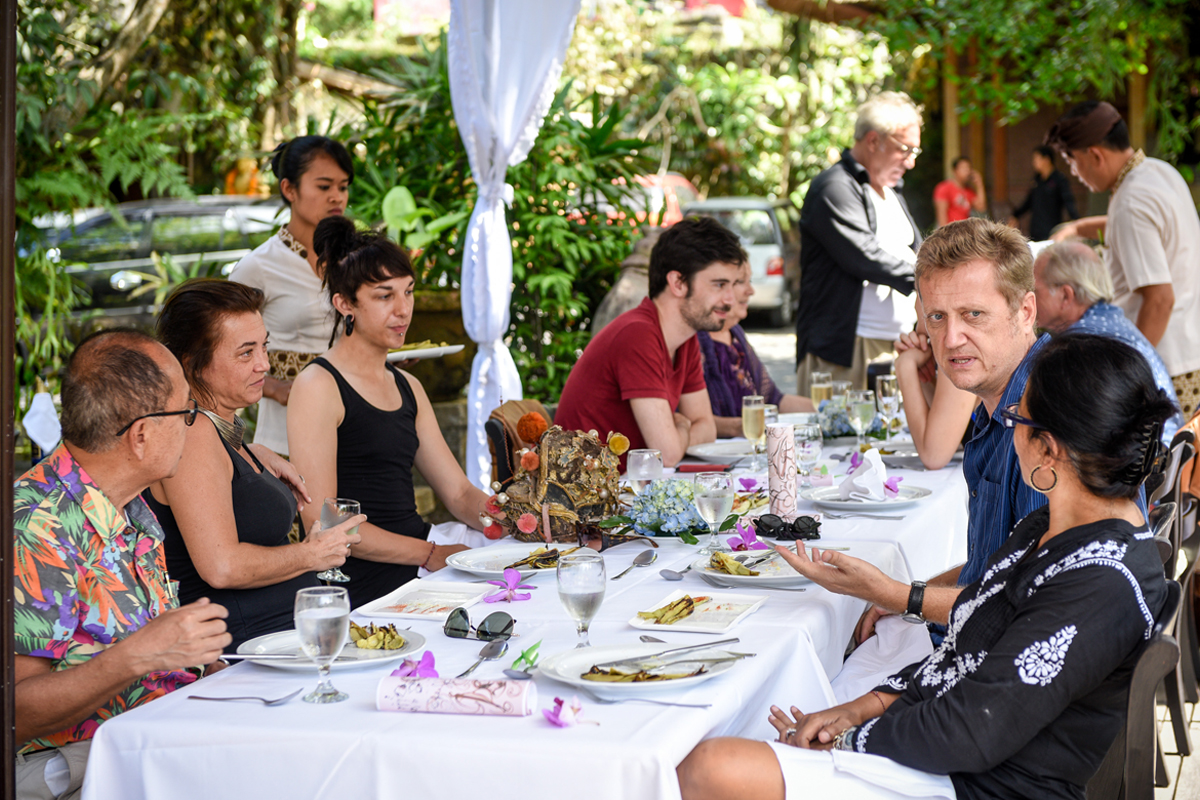
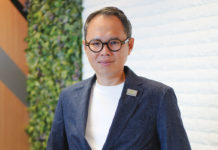
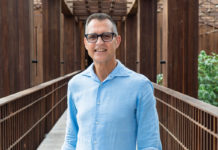
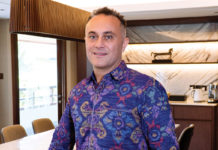


.jpg)




